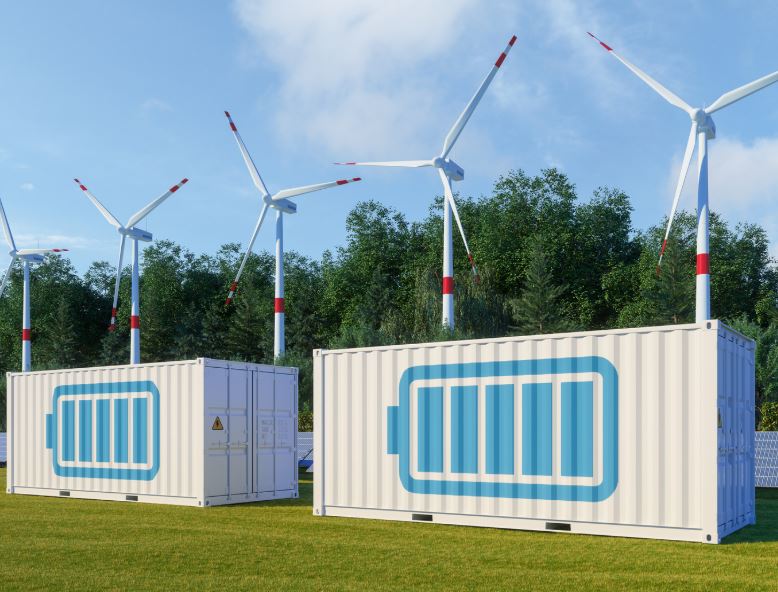A recent study by the Energy Systems Integration Group (ESIG) has shed light on the strategic potential of grid-forming battery energy storage systems (GFM BESS) in elevating the grid’s capacity to host renewable energy sources like solar and wind. As the energy sector moves decisively towards inverter-based resources (IBR), the role of GFM BESS appears more critical than ever in maintaining grid reliability.
The investigation into these storage systems, conducted by ESIG’s GFM BESS project team, focused on their deployment in a real transmission network scenario. The core advantage of these grid-forming controls lies in their ability to stabilize the power system under the pressures of increasing renewable energy integration. While alternative systems like solar photovoltaic and wind installations can implement GFM controls, battery energy storage emerges as the preferred, more straightforward option for such integration due to its more adaptable nature.
In stark contrast to systems equipped with grid-following (GFL) inverters, GFM BESS were shown to bolster the capacity of the current network infrastructure to accommodate additional renewables. By applying GFM BESS to a simulated weak local area saturated with 780 MW of photovoltaic generation and 225 MW of grid-following energy storage, researchers effectively demonstrated an increase in stability and capacity. In real terms, converting the existing GFL to GFM BESS allowed for an extra 125 MW of photovoltaic capacity without sacrificing system stability—a notable advancement in optimizing renewable energy hosting.
The study highlighted the economic advantage of integrating GFM BESS into grid systems, indicating that their incremental cost over traditional GFL configurations is significantly lower compared to other solutions such as synchronous condensers. Importantly, the study advocates for their system-wide adoption by transmission system operators to both enhance stability and maximize IBR capacity.
Transmission operators are urged to develop technical requirements for GFM BESS and incorporate these standards into drafting interconnection requirements. This proactive approach is vital, as retrofitting existing systems tends to be resource-intensive and costly.
Further benefits include the interoperability of GFM BESS across different original equipment manufacturers, and their compatibility with grid-following inverters, which reinforces their functional versatility within the grid. Notably, GFM BESS can also defer the need for more expensive infrastructural solutions and provide a temporary strategy until more comprehensive solutions are viable.
The ESIG, in conjunction with Elevate Energy Consulting, Electranix Corporation, and the American Transmission Company, plans to disseminate these findings through briefings intended to inform policymakers, decision-makers, and regulators. Emphasizing their ‘Do No Harm’ approach, the study contends that GFM BESS deliver specific stability enhancements in weak grids while maintaining operations within robust networks, making them a viable part of the future energy landscape.





